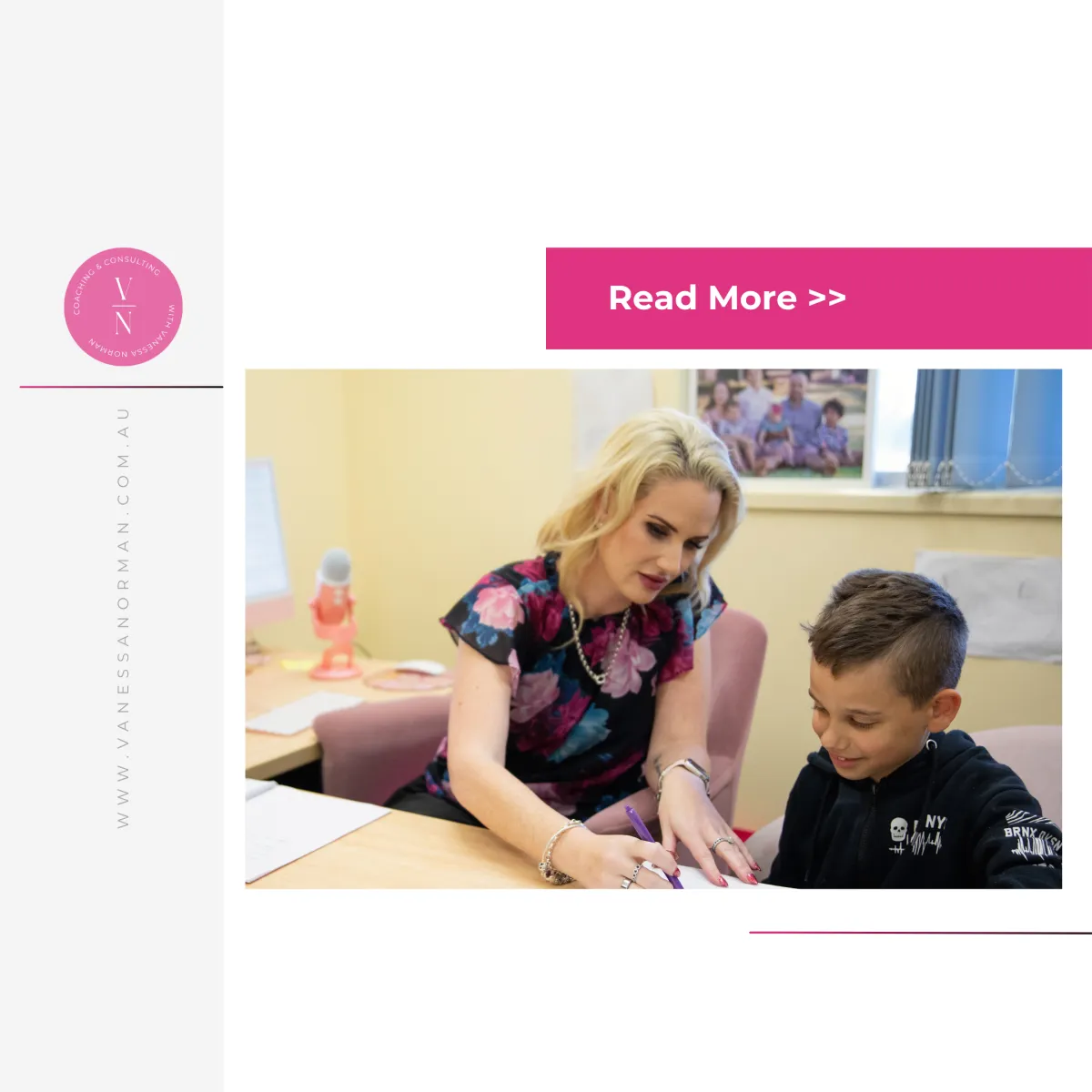
How the Thriving Kids Program Will Change Your Service Model
A two billion dollar program called Thriving Kids is set to reshape the NDIS as we know it. Announced in August 2025, this initiative is designed to support children with mild to moderate developmental delay or autism outside the NDIS.
The goal? To ease pressure on the scheme and make the NDIS more sustainable. But for providers, it raises big questions:
What happens to children who would once have been eligible for funded supports?
How will families respond to being directed towards “foundational supports” instead of NDIS plans?
And most importantly, what does this mean for your business model?
Understanding the Policy Shift
For years, the NDIS has been criticised for ballooning costs, with children representing a significant percentage of new entrants. Thriving Kids is the government’s answer:
Children with mild to moderate needs will access therapies and interventions outside the NDIS.
Only those with severe or complex needs will remain eligible for NDIS funding.
This changes the entire referral landscape. If you are a provider whose caseload heavily relies on early childhood referrals, you will feel this shift quickly.
The Risk for Providers
If you have built your business model around:
Early intervention supports
Autism therapies for children
Capacity building for developmental delay
…you may find a significant portion of your potential market redirected.
That does not mean your business is doomed. But it does mean you cannot keep running on the assumption that demand will look the same in twelve months’ time.
What Providers Need to Do Now
1. Diversify Your Services
If you only serve one client group, you are exposed to sudden policy changes. Explore broadening your service offerings to include older children, teens or adults, or to move into supports not affected by the program.
2. Strengthen Relationships With Families
Parents will be confused and frustrated. They need guidance. Even if their child no longer qualifies for the NDIS, you can position yourself as a trusted advisor by connecting them with foundational supports, community resources or private options.
3. Explore Partnerships
Allied health providers, community organisations and schools will play a bigger role under Thriving Kids. Building referral partnerships now will ensure your business stays connected.
4. Revisit Your Financial Model
Do not wait for revenue to drop before you act. Look honestly at your margins. Could you survive a decrease in NDIS funded paediatric clients? Where else could you generate consistent income?
A Mindset Shift: From NDIS Dependent to Sustainability
Too many providers rely 100% on the NDIS. That makes your business vulnerable to every legislative change.
Thriving Kids is a reminder that you need to build a business model that is sustainable no matter what policy looks like next year. That might mean:
Offering private services alongside NDIS funded ones
Building strong community based referral pathways
Developing group programs that are accessible outside NDIS funding
What This Means for Participants
We cannot ignore the human side. Families will feel anxious. Some will worry their child is missing out. Others will struggle to afford private therapy.
As providers, our role is not just to adapt our businesses but also to advocate for clarity, transparency and fair access. Keep communicating with families. Be the calm voice in what feels like chaos.
The Thriving Kids program is not the end of opportunity for providers. But it is the end of business as usual.
If you want to remain relevant, you need to adapt your services, strengthen your relationships, and build a business model that can withstand policy change.
Do not wait for the impact to hit. Start now.
Want Practical Tools to Future Proof Your Business?
I have put together free resources designed to help NDIS business owners like you: checklists, guides and strategies to build stronger systems, improve referrals and protect your revenue when policies shift.
👉 Access them here: https://vanessanorman.com.au/resources
Because in a sector that changes constantly, the best business is the one built to adapt.
